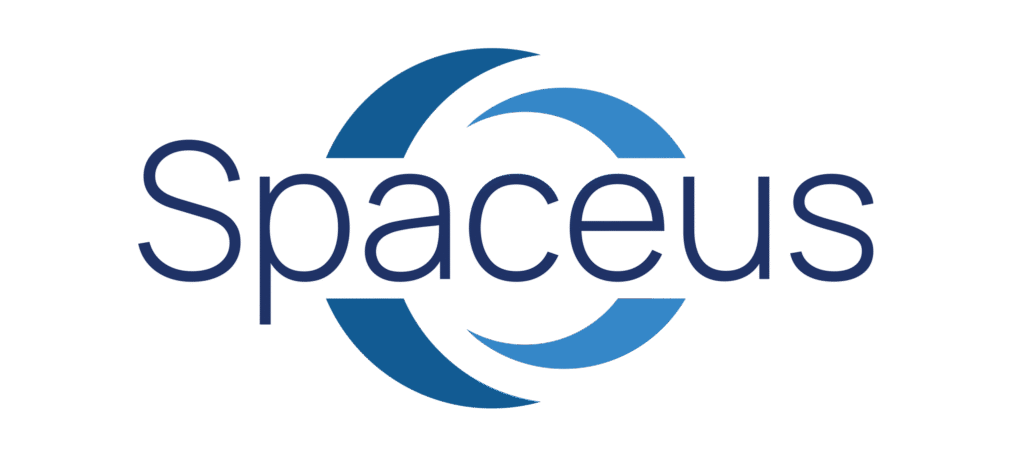When it comes to driving traffic and growing your business online, two of the most popular digital marketing strategies are SEO (Search Engine Optimization) and PPC (Pay-Per-Click) advertising. But which one is the right choice for your business?
The truth is, both have their strengths—and choosing the right one depends on your goals, budget, timeline, and industry.
In this guide, we’ll break down the key differences between SEO and PPC, compare their pros and cons, and help you decide which strategy (or combination) fits your business best.
✅ What Is SEO?
Keywords: SEO strategy, organic search, search engine optimization
SEO is the process of optimizing your website and content to rank organically in search engine results (like Google). It focuses on attracting free, long-term traffic by improving your visibility for relevant keywords.
Key SEO Tactics:
- Keyword research
- On-page optimization (titles, meta tags, headers)
- Content creation (blogs, guides, FAQs)
- Link building
- Technical SEO (site speed, mobile-friendliness)
📈 SEO is a long-term investment that builds authority, trust, and consistent traffic over time.
✅ What Is PPC?
Keywords: PPC advertising, paid search, Google Ads, Facebook Ads
PPC (Pay-Per-Click) refers to paid advertising where you bid on keywords or audiences and pay each time someone clicks your ad. Google Ads and Facebook Ads are two of the most common platforms.
Common PPC Formats:
- Google Search Ads
- Display Ads
- Remarketing Ads
- Social Media Ads (Facebook, Instagram, LinkedIn)
⚡ PPC delivers immediate visibility and traffic, making it ideal for time-sensitive campaigns.
🔍 SEO vs. PPC: Side-by-Side Comparison
| Feature | SEO | PPC |
|---|---|---|
| Cost | Free traffic, but time & effort required | Pay per click/impression |
| Timeline | Takes time (3–6 months to see results) | Instant visibility |
| Trust Factor | Higher trust (organic results are preferred by users) | Seen as ads, may have lower trust |
| Longevity | Long-term results | Short-term – ends when budget runs out |
| Control | Less control over rankings | Full control over placement & targeting |
| Click-Through Rate (CTR) | Often higher for top organic results | Lower than organic on average |
✅ When to Use SEO
Choose SEO when:
- You want long-term, sustainable growth.
- You have a limited ad budget.
- Your business relies on organic discovery (e.g., local services, B2B, content-driven brands).
- You’re building a content marketing strategy.
Ideal for:
- Blogging websites
- Local businesses
- E-commerce with ongoing product discovery
- Brands focused on thought leadership
🕒 SEO requires patience but pays off with consistent, free traffic over time.
✅ When to Use PPC
Choose PPC when:
- You need immediate results or leads.
- You’re launching a new product or promotion.
- You’re in a highly competitive market where SEO takes too long.
- You want to target specific demographics or retarget past visitors.
Ideal for:
- Product launches
- Seasonal campaigns
- Event promotions
- New websites without SEO authority
💡 PPC is great for testing offers, landing pages, and messaging quickly.
✅ Can You Use SEO and PPC Together?
Absolutely. In fact, many successful brands use both in tandem to maximize visibility and conversions.
Benefits of Combining SEO + PPC:
- Dominate both organic and paid search results.
- Use PPC data (like high-converting keywords) to guide your SEO strategy.
- Retarget organic visitors with paid ads.
- Increase overall brand visibility and trust.
🔁 Think of SEO as building your home, and PPC as renting a billboard while the home is under construction.
Final Thoughts
There’s no one-size-fits-all answer to the SEO vs. PPC debate. It all comes down to your goals:
- Want quick leads and visibility? Start with PPC.
- Looking for long-term, cost-effective growth? Invest in SEO.
- Want the best of both worlds? Combine both for a powerful digital strategy.
🎯 Not sure what’s best for your business? Let’s talk — we’ll help you build a custom strategy that fits your goals and budget.


